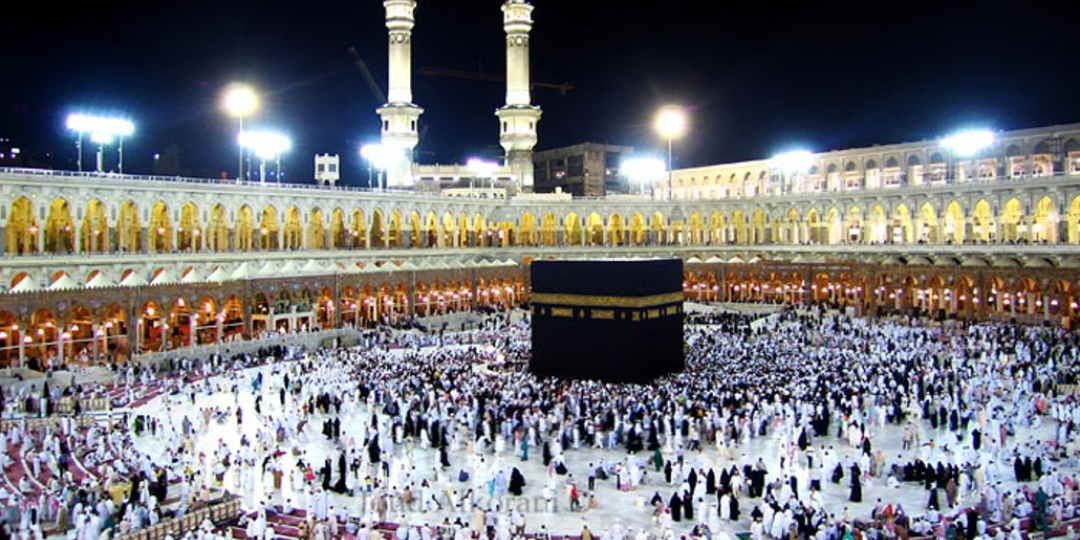Reports of meningococcal disease in travellers returning from Saudi Arabia have prompted International SOS to urge for precautions to be taken during the annual Hajj pilgrimage during June 14-19.
The global health and security services organisation has developed a comprehensive guideline that is aligned with the latest health and safety regulations issued by Saudi authorities. Due to the scale of the annual Hajj pilgrimage, International SOS has said that the health and safety of all pilgrims must be prioritised with a focus on preventive measures.
“It is vital for pilgrims undertaking Hajj to thoroughly understand and comply with the relevant Hajj regulations prior to, and during, the pilgrimage,” said Gulnaz Ukassova, Security Director at International SOS in Dubai.
The safety guidelines issued by International SOS to organisations and their employees to ensure the health and wellbeing of pilgrims are as follows:
- Encourage employees undertaking Hajj to obtain vaccinations and health certification: All pilgrims are required to have proof of meningococcal disease vaccination. Ensure all routine vaccinations, including COVID-19 and seasonal influenza, are up to date. Depending on their country of origin, travellers may be required to show proof of polio and yellow fever vaccination. Registration on the ‘Sehaty’ app is mandatory to verify vaccination status and facilitate entry into the country for all pilgrims.
- Ensure compliance with regulations: Encourage employees to always follow guidance provided by licensed Hajj operators for a safe and organised pilgrimage. Ensure they adhere to designated time slots allocated by authorities to help minimise overcrowding risks.
- Offer security briefings and heightened situational awareness: Provide pre-departure briefings on security protocols, situational awareness practices and cultural sensitivities. Develop contingency plans to address potential travel disruption during the Hajj.
- Educate employees on risks of extreme temperatures: To mitigate the effects of potentially extreme temperatures, pilgrims should prioritise staying hydrated. Choosing lightweight and light-coloured clothing helps regulate body temperature and reduces heat stress.
- Ensure crowd and emergency preparedness: Provide employees with a crowd management guide with tips for navigating densely populated areas. Encourage pilgrims to save emergency contact information for police, ambulance services, embassy officials and local contacts on their mobile phones in case immediate assistance is needed.
“It is important for pilgrims to adhere to vaccination requirements listed by the government of Saudi Arabia to protect themselves and their peers from various infectious diseases. This includes the required vaccination against meningitis administered no more than three years and at least ten days prior to the planned arrival in Saudi Arabia. In line with this, pilgrims are advised to carry valid health certificates stating they are free from any acute, chronic or infectious diseases,” said Dr Nosa Aihie, Regional Medical Director, Middle East, at International SOS.
Ukassova has also cautioned that large crowds at religious sites are to be expected, particularly on the Jamaarat Bridge in Mina and around Al-Masjid Al-Haram Mosque in Mecca.
“Remain safe during crowd surges by staying alert to surroundings, adhering to designated lanes, avoiding walking against the direction of traffic and knowing the nearest emergency exits and evacuation routes. Pilgrims should also account for potential travel disruption and increased demand for various services during this period,” said Ukassova.















